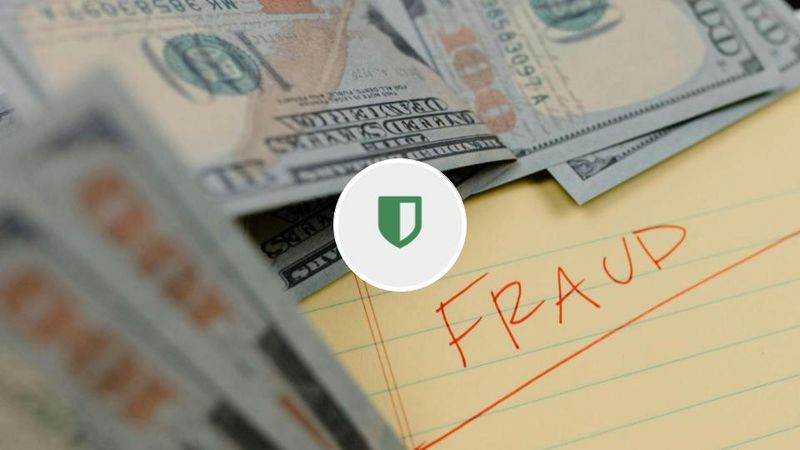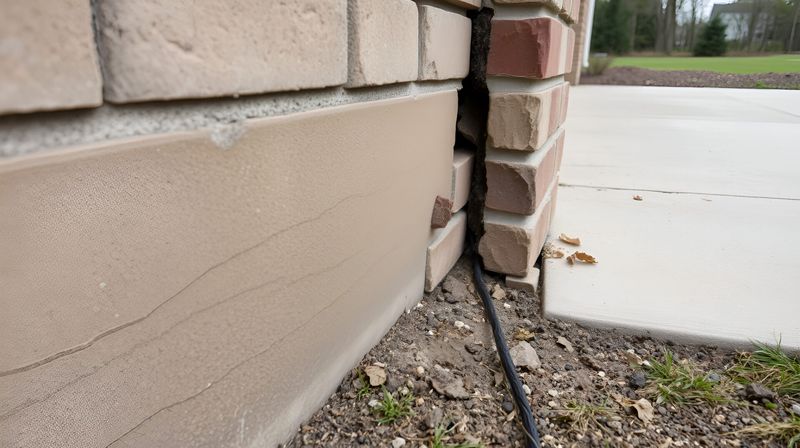The real estate world can be a minefield of deception. Scammers are constantly creating new tricks to separate you from your hard-earned money when buying, selling, or renting property.
Understanding these common scams is your first line of defense in protecting yourself and your investment.
It’s time to explore the most prevalent real estate scams and learn practical ways to avoid becoming a victim.
1. Wire Transfer Fraud
Hackers have become alarmingly sophisticated at intercepting closing communications. By monitoring email exchanges between buyers, agents, and title companies, they strike at the perfect moment.
Just before closing, you might receive legitimate-looking instructions to wire funds to an account—but it’s the scammer’s. Never trust wire instructions sent via email. Always verify transfer details by calling your closing agent using a known, verified phone number.
2. Fake Listings
These scams involve actual properties that aren’t actually for sale or rent. Crafty fraudsters might even break into vacant homes to host fake showings for unsuspecting victims!
Some go as far as creating counterfeit keys or lockbox codes. Protect yourself by researching property ownership through county records and working with licensed real estate professionals who can verify listings through official multiple listing services.
3. Title Fraud
Identity thieves have discovered a goldmine in property titles. With enough personal information, criminals can forge documents to transfer your property title to themselves without your knowledge.
Once they control the title, they can take out loans against your property or even sell it. Consider purchasing title insurance and regularly check your property records with your county recorder’s office to catch any unauthorized changes.
4. Foreclosure Rescue Scams
Vultures circle when homeowners face foreclosure. Predatory “specialists” promise to save your home through loan modifications or refinancing schemes that sound miraculous.
After collecting upfront fees, these scammers either disappear or provide worthless services. If you’re struggling with mortgage payments, contact HUD-approved housing counselors for free, legitimate assistance instead of paying anyone promising quick fixes.
5. Bait-and-Switch Pricing
Feeling lured by that incredible deal? Watch out! Some unethical developers and sellers advertise properties at artificially low prices to generate interest.
When you arrive ready to make an offer, suddenly there are “unexpected issues” requiring price increases or hidden fees. Before traveling to view properties, get written confirmation of pricing and ask directly if the advertised price is actually available.
6. Escrow Wire Fraud
Money in escrow should be safe, right? Not always. Criminals hack into email accounts of people involved in real estate transactions, monitoring communications until closing day approaches.
They then send fake emails with last-minute changes to wiring instructions. Once money transfers to their account, it’s nearly impossible to recover. Always verify wiring instructions by phone using a number you’ve independently verified.
7. Rental Overpayment Scams
Receiving too much money sounds like a good problem, until it isn’t. In this clever con, scammers pose as interested renters and send checks exceeding the required deposit.
They then claim it was a mistake and ask you to refund the difference. Days later, their original check bounces, but you’ve already sent real money. Never return funds until a check has fully cleared your bank, which can take weeks.
8. Identity Theft Through Open Houses
Open houses provide perfect opportunities for identity thieves to snoop. While you’re admiring the kitchen renovation, criminals might be rifling through medicine cabinets and desk drawers for personal information.
Some even install hidden cameras to capture keystrokes or credit card details later. If you’re selling, remove all sensitive documents, mail, prescription medications, and valuables before hosting any showings.
9. Deed Theft
Imagine someone literally stealing your house on paper! Deed theft happens when fraudsters forge signatures on deed transfers, effectively taking ownership of property without the true owner’s knowledge.
Elderly homeowners and properties with no mortgages make particularly attractive targets. Protect yourself by regularly checking property records and signing up for notification services that alert you to any document filings related to your property.
10. Unlicensed Contractor Schemes
Those home improvement bargains might come with hidden costs. Unlicensed contractors often solicit work door-to-door, offering suspiciously low prices for major repairs or renovations.
After collecting substantial deposits, they either disappear or perform substandard work that won’t pass inspection. Before hiring anyone, verify contractor licenses, request references, and never pay more than 10% or $1,000 upfront (whichever is less).
11. Fake Timeshare Sales
Dreaming of escaping your expensive timeshare? Beware of companies guaranteeing they can sell it for a premium price. The catch comes when they demand upfront fees for “marketing” or “advertising” services.
After collecting thousands in fees, they provide minimal effort or vanish entirely. If you’re looking to sell a timeshare, work only with licensed real estate agents who take payment after the sale, not before.
12. Fraudulent Lease-to-Own Deals
Struggling to qualify for a mortgage? Lease-to-own arrangements seem like perfect solutions, but can hide dangerous traps. Scammers create complicated contracts where even minor violations void all your equity claims.
Some don’t even own the properties they’re “selling”! Protect yourself by having an attorney review any lease-purchase agreement and verify the seller’s ownership through county records before signing anything or making payments.
13. Forged Document Scams
Modern technology makes document forgery frighteningly easy. Criminals can create convincing fake deeds, mortgage satisfactions, or lien releases that appear legitimate even to trained eyes.
These forgeries enable scammers to take loans against properties or sell homes they don’t own. Always use title companies for transactions and consider title monitoring services that alert you to any documents filed against your property.
14. Undisclosed Property Damage
Not all water stains are from “one-time” incidents as sellers might claim. Unethical sellers sometimes conceal serious defects like foundation problems, mold, or pest infestations through quick cosmetic fixes.
Fresh paint might hide water damage, while strategically placed furniture could cover floor problems. Always hire qualified home inspectors, including specialists for issues common in your area like termites, radon, or structural concerns.
15. Predatory Lending Practices
Financial desperation makes people vulnerable to predatory lenders offering “too good to be true” loan terms. These loans often feature hidden balloon payments, prepayment penalties, or interest rates that skyrocket after introductory periods.
By the time borrowers understand the true costs, they’re trapped. Compare loan offers from multiple lenders and have a financial advisor or attorney review any mortgage documents before signing.
16. Hidden Fees From Fake Services
Moving to a new home? Watch for scammers posing as utility companies or home service providers. These fraudsters contact new homeowners claiming to offer “required” services like water testing or energy audits.
What starts as seemingly helpful information ends with unexpected charges or identity theft. Verify any service provider by researching the company independently and calling them directly using numbers from their official website, not from emails or caller ID.

















